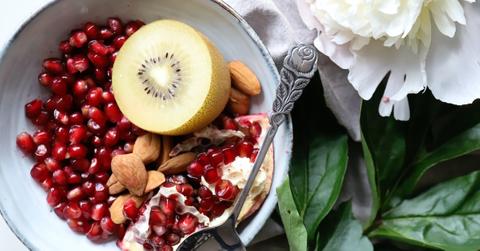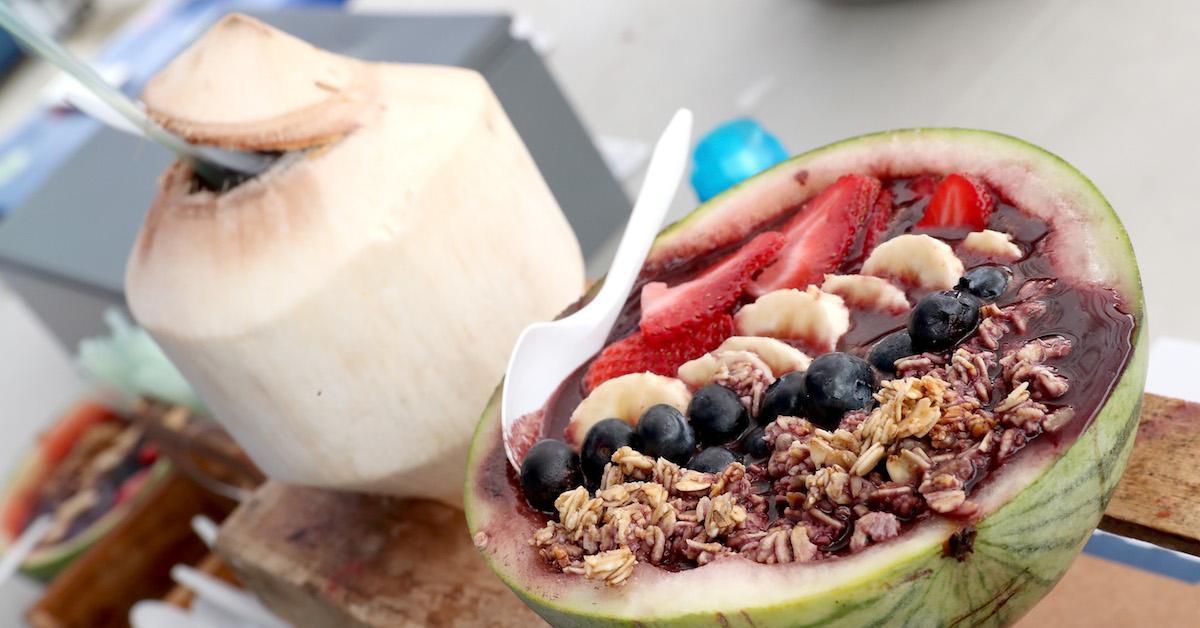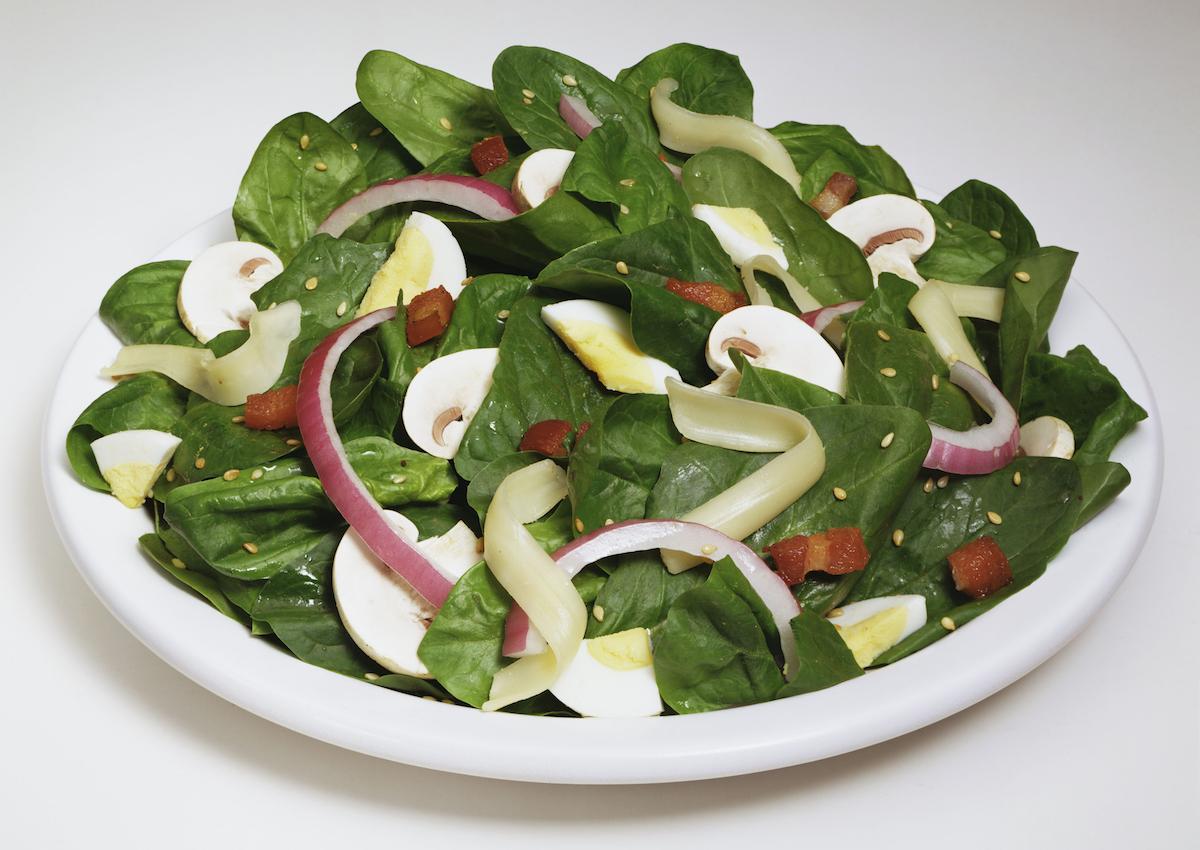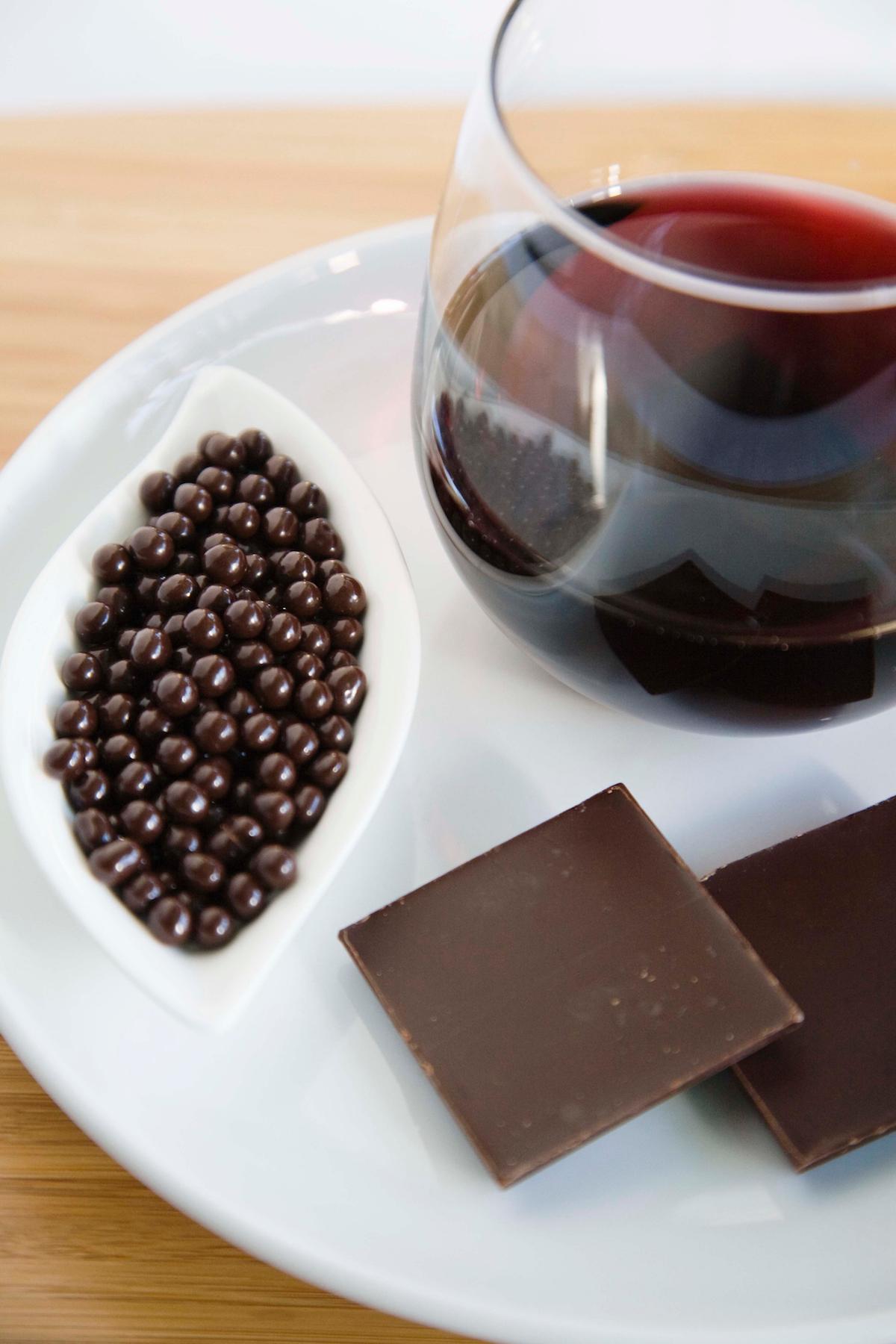Antioxidants: The ~Radical~ Nutrients That Help Fight off Cancer
Published Nov. 4 2021, 5:37 p.m. ET

If a true panacea ever truly existed, it probably contained antioxidants.
There seems to be no limit to the number of maladies that these remarkable substances can fix. Antioxidants are portrayed as the ultimate disease-fighting super substance — at least as far as scientists and nutritionists are concerned. But what are antioxidants, and how do they make us healthier?
What are antioxidants?
Antioxidants can help slow cell damage brought on free radicals, according to Medical News Today, which can lead to serious health problems. And although antioxidants can come from manmade sources, they can be easily derived from natural food sources, too.

What are free radicals?
Free radicals are unstable molecules that can be generated in response to environmental conditions such as cigarette smoke, UV exposure, or pollution. They can also come about naturally, while exercising, breathing, or simply converting food into energy. According to Healthline, they are little more than oxygen-containing molecules which contain an uneven number of electrons.
In order to replace the missing electron, free radicals attempt to steal electrons from other molecules in the body. If they succeed, they create oxidative stress, which harms our cells and affects how they function. According to Jessica Gavin, excessive damage can result in various health problems including: heart disease, diabetes, and in some cases, cancer. It can also cause premature aging.

How do antioxidants work?
Antioxidants prevent free radicals from damaging our cells and DNA. According to Jessica Gavin, they give the electron-hungry free radicals an extra electron. Losing this electron does not cause antioxidants to become free radicals themselves, however, as they're generally derived from vitamin C or vitamin E. So, they can easily recover electrons or compensate for the loss on their own.
What are the health benefits of antioxidants?
Antioxidants keep our eyes healthy and our skin supple. They can also boost our immune system to help fight off even the most pervasive of diseases. According to WebMD, antioxidants can lower the chances of stroke and heart disease, in some cases. According to Stanford Healthcare, research shows that certain antioxidants might even have cancer-fighting properties and could reduce the risk of developing cancer at all.

Where do antioxidants come from?
The more antioxidants we have in our bodies, the better protected our cells will be. But it’s important to understand where they come from. The most commonly known sources are lycopene, which is found in tomatoes, watermelon, and grapefruit. There's also flavonoids, which are found in teas, citrus fruits, red wine, onions, and apples.
According to the Better Health Channel, other recognizable antioxidants include beta-carotene, which can be found in pumpkins, carrots, spinach, and mangoes; and vitamin C, which is in everything from oranges to broccoli and strawberries. Vitamins E and A are also good sources of antioxidants, and so are mineral compounds such as manganese, selenium, and copper.
So as your mother told you over and over again, remember to eat your fruits and vegetables — it could seriously help prevent the development of life-threatening diseases in the long run.